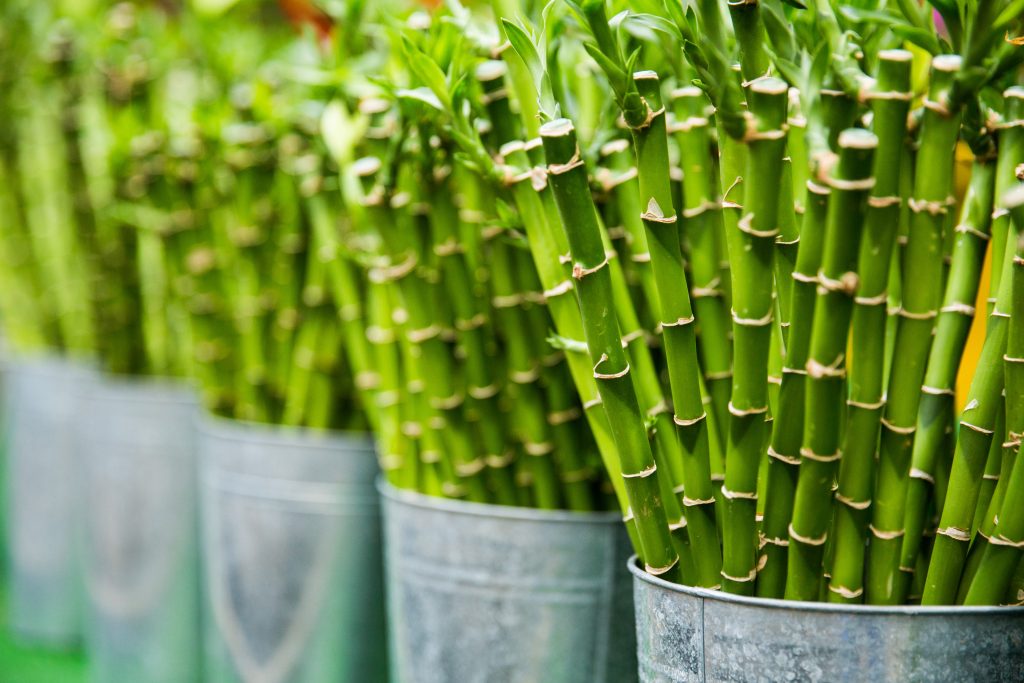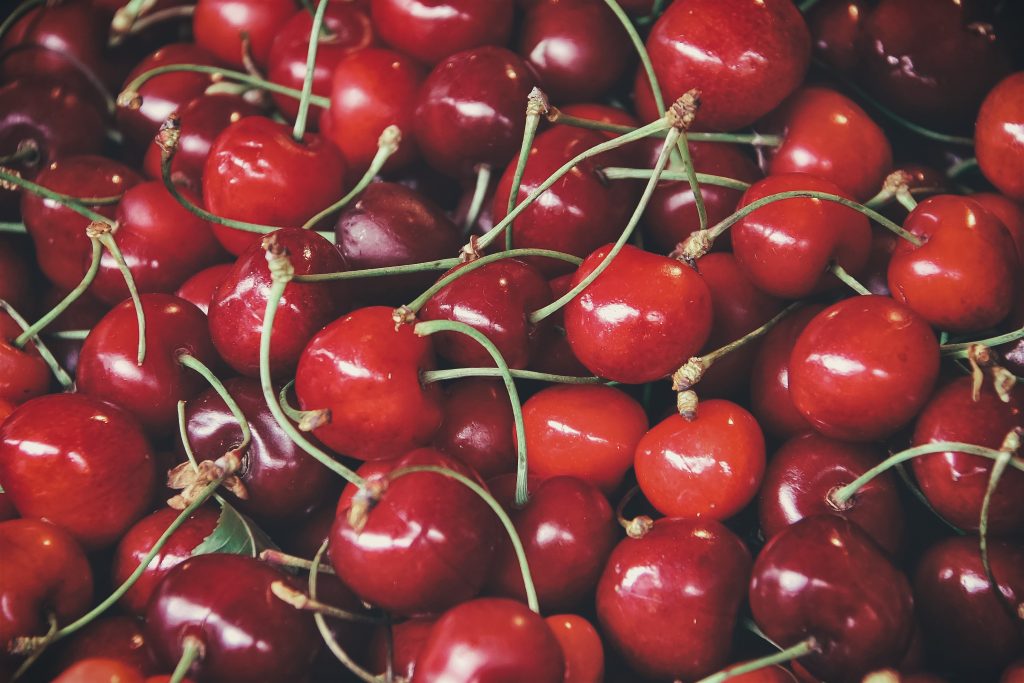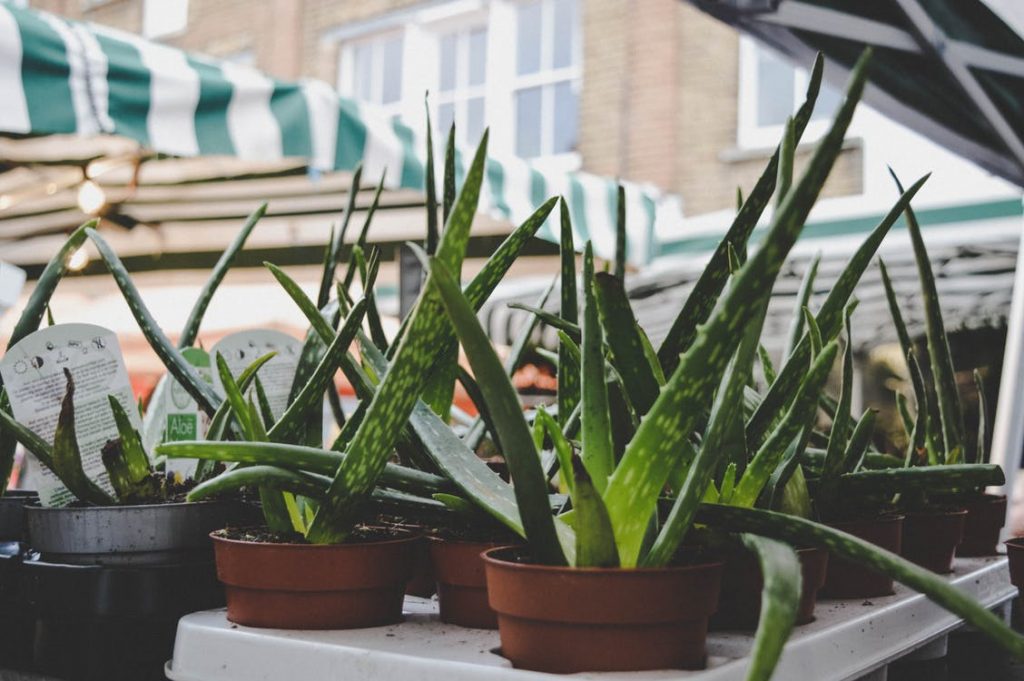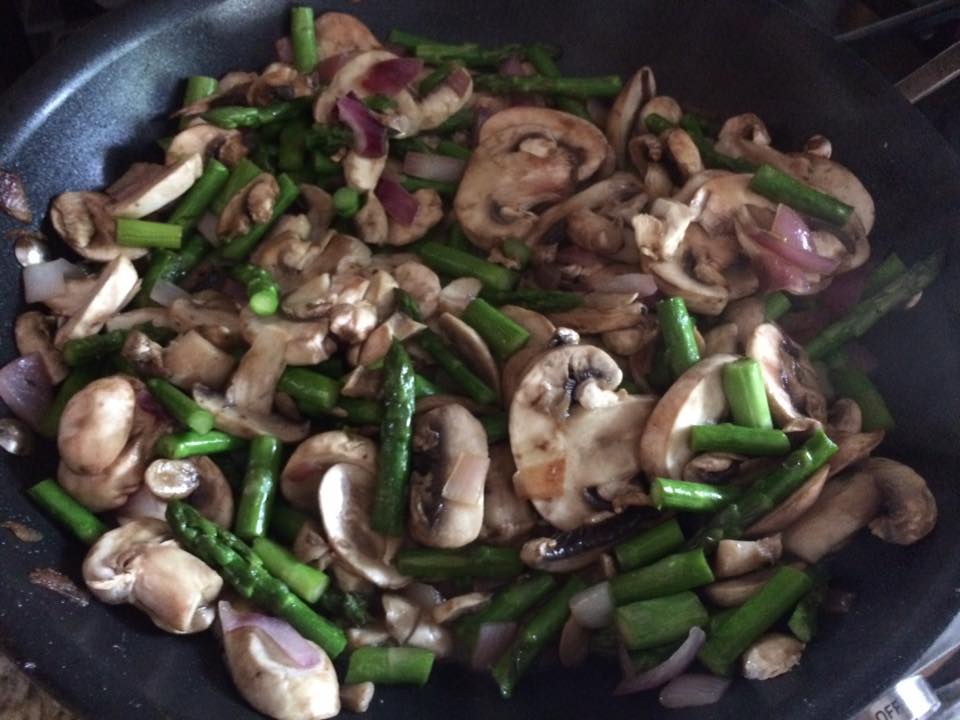Beauty gurus and nutritionists alike sing the praises of collagen and how essential it is for reaching a glamorous glow. But for those living a vegetarian, vegan or even flexitarian lifestyle, this presents quite the conundrum.
Why? Well, because this protein is most often supplemented into products as animal parts (such as cow, sheep or pig bones). That earns a solid “no” from us.
But have no fear, there’s another way to help build collagen, a vegan way. Keep reading to find out which whole foods to eat that naturally boost this protein in your body. Plus, find out which Purium products our team recommends for beauty and wellness.
Collagen: The Basics
Before we dive into ways to help boost your beauty-boosting protein, let’s talk a little about the basics.
What is Collagen?
Collagen is a natural protein produced in the body. Interestingly enough, many different types of collagen exist, but our body mainly produces only three types. (1)
Because collagen is a protein made of amino acids, you can think of it like a heavy-duty industrial velcro or tape that helps hold your tissues, muscle, and skin together. This ability helps promote skin-elasticity, which basically means less wrinkles and skin lines.
But we have some bad news to share…
Unfortunately, our ability to produce and store collagen dwindles as we age. (2) And this phenomena affects more than the way our skin appears. In fact, less production of this protein can contribute to increased joint pain, aches and more.
So, caring about collagen-production is not all about vanity, it’s about caring about healthy aging! (Maybe a little about vanity too, but hey, we don’t judge.)
Plant-Based Alternatives to Collagen
As we mentioned earlier, most products derive collagen from animals parts. But you can boost your production of this protein naturally, by eating a whole foods diet.
Here are plant-based alternatives you should keep in mind.
Protein
First off, you need to set your body up to produce protein. That means consuming protein-dense foods. Why? Because protein helps collagen-synthesis in the body. Essentially, consuming protein (made of amino acids) helps your body create more.
Don’t worry, you do not need to eat animals to get protein. Pea protein is a great vegan option. Some veggies can even help.
Other options include:
- rice protein
- hemp protein (found in our Epi-Genius Kids)
- watercress or spinach
- brocolli
- bok choy
Silica
From protein, we move on to silica. What in the world is that? Well, this natural mineral can be found in plants and foods grown in rich soil. Research indicates that the mineral helps strengthen hair, skin and nails (3).
One study published by the University of Cincinnati’s College of Pharmacy found that silica-supplementation helped strengthen the elasticity and overall thickness of hair in women with fine hair. (4)
In addition, one comprehensive scientific review of the efficacy of this mineral found that silica could be essential for collagen AND elastin synthesis due to its hydroxylating enzymes. (5) In English: the presence of an oxygen compound helps this mineral improve the appearance of skin and hair, while also strengthening its ability to maintain elasticity. Elastin is another protein that helps skin tissue keeps its shape.
Basically, consuming silica may help fight fine lines, and grow strong nails and hair.
And where can you find silica? Here are some examples:
- bamboo shoots
- horsetail
- algae
- dark, leafy greens
Note: You may be thinking: “hey, is silica related to silicone?” And the answer is, “yes!” However, silica is an oxidized form of silicone and is naturally found in plants. Naturopaths, holistic health practitioners and doctors recognize this mineral as generally safe for use. We would also like to remind you that we NEVER use synthetic minerals, only those found naturally in plants. We only use pure and premium ingredients.
Anthocyanidins, Antioxidants and Vitamins
Okay, hopefully you recognize at least one of the words displayed boldly above. We grouped together these plant chemicals, because they can be found in similar places and foods.
We talked about a natural mineral and how it can boost collagen, and now we’re talking about how other natural plant phytochemicals can help as well.
Plants and fruits that contain anthocyanidins (pigments that give some plants their vibrant color) and antioxidants can also help the body produce collagen and support clear skin.
How?
First off, these phytochemicals naturally fight free radicals. Free radicals cause oxidative stress on skin, which may contribute to age-related skin conditions (like wrinkles) and even disease (like heart disease). (6)
Antioxidants and anthocyanidins help to reduce these free radicals from wrecking havoc on your skin, protecting its appearance. In addition, these plant chemicals can also help your body respond to inflammation, which may help decrease redness in skin. (7)
Vitamin Power
What’s more, plants that pack natural vitamins like C and E may help your skin retain a youthful glow, while boosting collagen-production. In fact, these two vitamins work together!
One study published in the International Journal of Cosmetic Science found that your body may need vitamin C in order to properly store collagen (8).
Another study published in Dermato Endocrinology found that vitamin E can help strengthen the effects of vitamin C while also acting as an antioxidant. Vitamin E can be found in rice bran.
Special Mention: Aloe Vera
Aloe vera is a solid example of a plant that boasts antioxidants and vitamins. In fact, Baylor College of Medicine reports the plant contains vitamin C and provides anti-inflammatory benefits.
One study published in Biopolymers also found that this plant could help the body produce collagen due to its polysaccharides and how they help link amino acids together. (9)
Purium Products
- RENEW Hair, Skin and Nails – Natural silica support from bamboo and horsetail
- Super Amino 23 – Protein synthesis
- Apothe-Cherry – Tart cherries for antioxidants and anthocyanidins
- C From Nature – Amla berry for natural vitamin C
- Aloe Vera 40 X – Pure and potent aloe vera
- Rice Bran Solubles – Natural source of vitamin E
- Lodish, H., Berk, A., Zipursky, S. L., Matsudaira, P., Baltimore, D., & Darnell, J. (2000). Molecular cell biology 4th edition. National Center for Biotechnology Information, Bookshelf.
- Ganceviciene, R., Liakou, A. I., Theodoridis, A., Makrantonaki, E., & Zouboulis, C. C. (2012). Skin anti-aging strategies. Dermato-endocrinology, 4(3), 308-319.
- Martin, K. R. (2007). The chemistry of silica and its potential health benefits. The Journal of nutrition, health & aging, 11(2), 94.
- Wickett, R. R., Kossmann, E., Barel, A., Demeester, N., Clarys, P., Berghe, D. V., & Calomme, M. (2007). Effect of oral intake of choline-stabilized orthosilicic acid on hair tensile strength and morphology in women with fine hair. Archives of dermatological research, 299(10), 499-505.
- Araújo, L. A. D., Addor, F., & Campos, P. M. B. G. M. (2016). Use of silicon for skin and hair care: an approach of chemical forms available and efficacy. Anais brasileiros de dermatologia, 91(3), 331-335.
- Pham-Huy, L. A., He, H., & Pham-Huy, C. (2008). Free radicals, antioxidants in disease and health. International journal of biomedical science: IJBS, 4(2), 89.
- Lobo, V., Patil, A., Phatak, A., & Chandra, N. (2010). Free radicals, antioxidants and functional foods: Impact on human health. Pharmacognosy reviews, 4(8), 118.
- Boyera, N., Galey, I., & Bernard, B. A. (1998). Effect of vitamin C and its derivatives on collagen synthesis and cross‐linking by normal human fibroblasts. International Journal of Cosmetic Science, 20(3), 151-158.
- Tsai, S. W., Liu, R. L., Hsu, F. Y., & Chen, C. C. (2006). A study of the influence of polysaccharides on collagen self‐assembly: Nanostructure and kinetics. Biopolymers: Original Research on Biomolecules, 83(4), 381-388.







Very rad science. Thank you, will use this info.
Great article. I’m sharing it!
wish you offered a collagen packaged product:)
Hi Hannah,
We don’t carry any collagen-products, but we do carry collagen-boosters, like Hair, Skin and Nails.